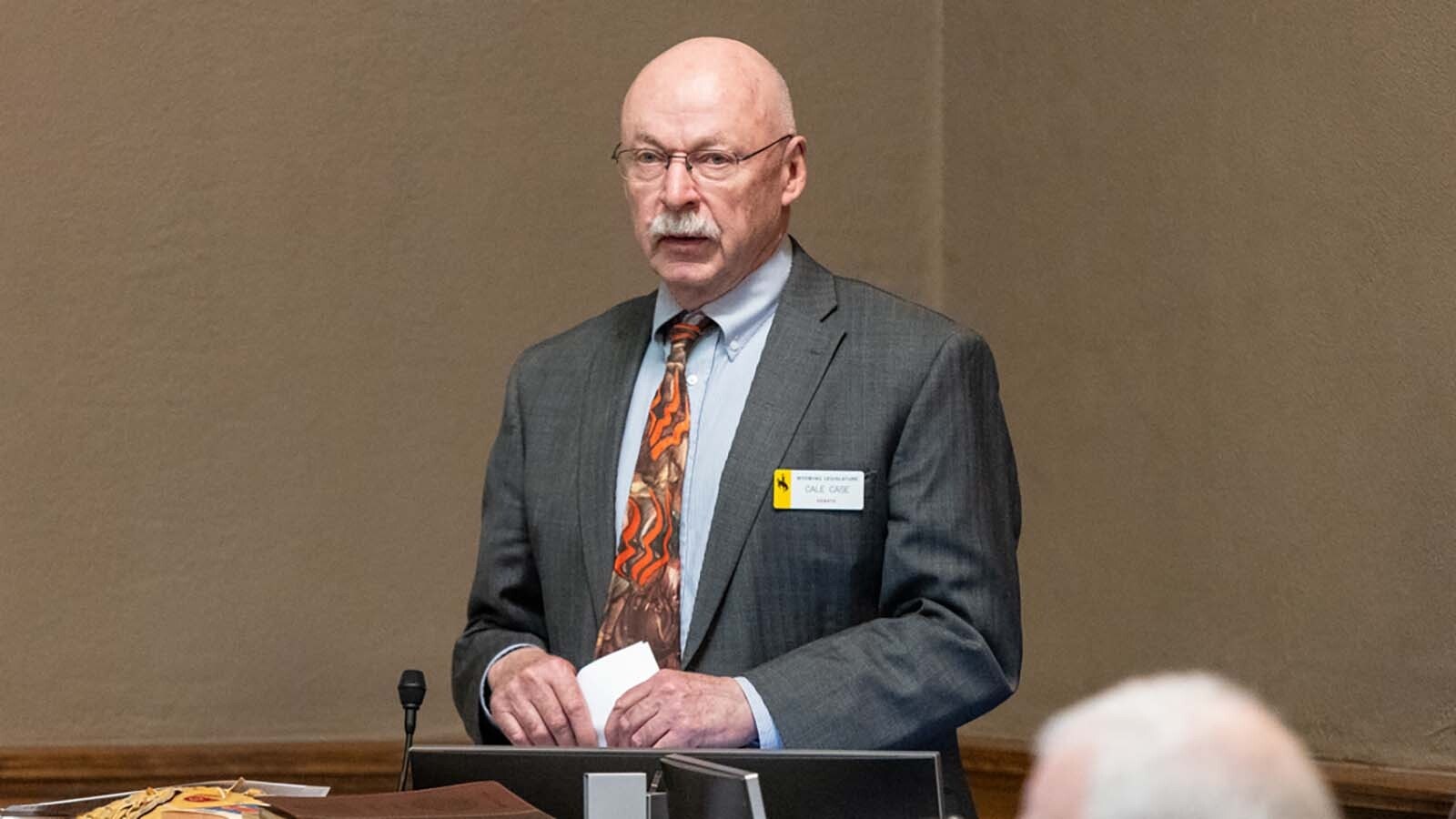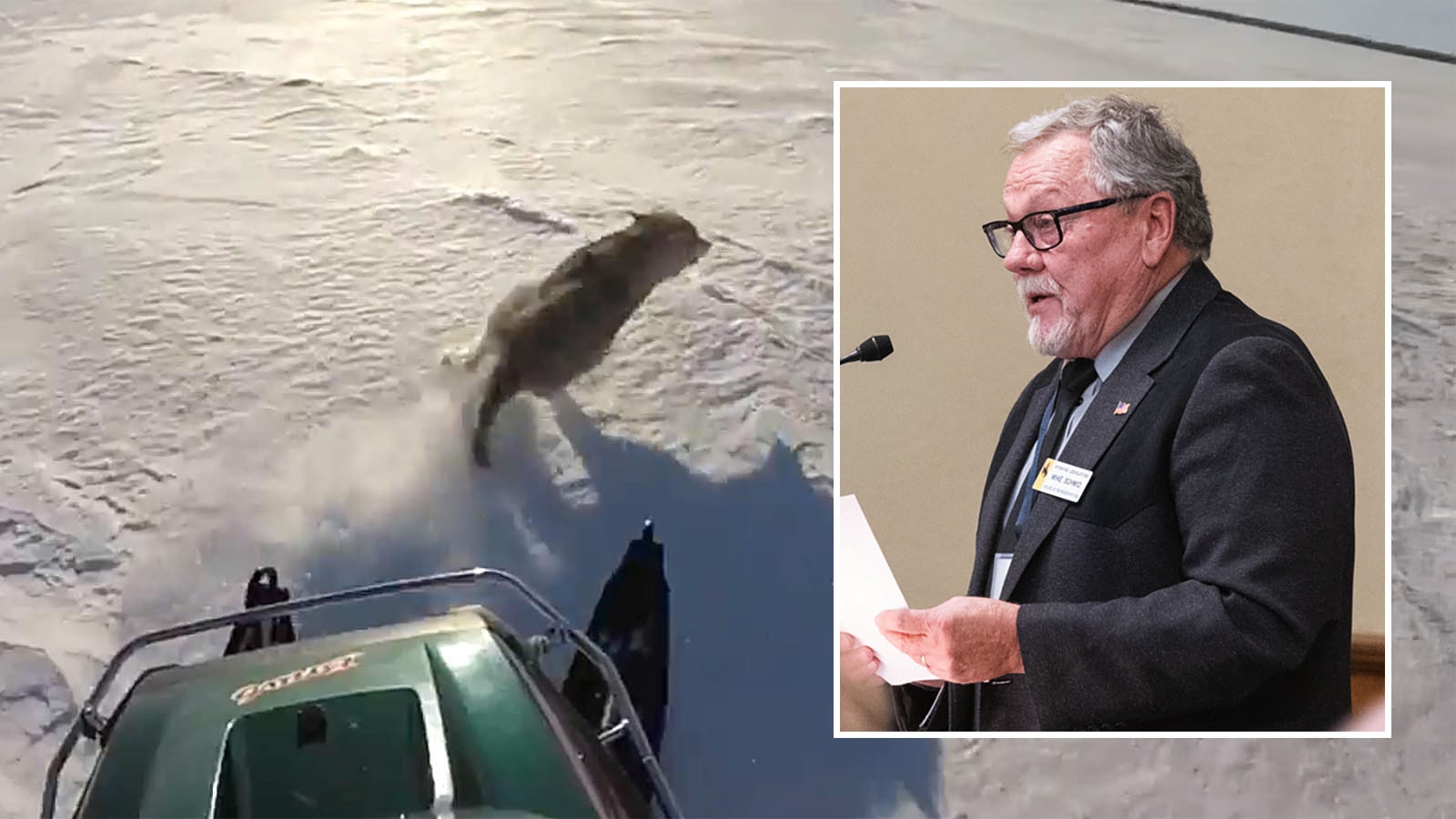A Wyoming bill seeking to require school districts to let middle-school-age homeschool children participate in school activities cleared a legislative committee Friday, and next heads to legislative session that begins Feb. 9.
The provision bears the nickname nationally of “Tim Tebow” rule, after the former NFL quarterback who was homeschooled.
The 13 committee members present all voted in favor of advancing the bill. Rep. JD Williams, R-Lusk, was marked as excused from the vote.
Wyoming law already requires school districts to let homeschool students participate in sanctioned high school sports and activities.
It doesn’t require districts to open middle school or junior high school level activities to those students. Many traditionally have kept that avenue open, however.
The bill the Wyoming legislature’s Education Committee advanced Friday would require school districts to let non-enrolled, middle-school-age students participate in activities, as well as the high-school age students already permitted by state law.
The committee left the law’s three qualifying provisions unchanged:
The district may require the non-enrolled students to pay fees, but no more than the amount enrolled students pay, and the student would have to follow the school’s rules.
The Cost
Sen. Chris Rothfuss, D-Laramie, said he supports the bill and its notion, but he warned it could have unintended consequences.
School districts may have to pull money from other categories in their state-appropriated block grants, to cover the costs of hosting non-enrolled students in programs like football, he noted.
The state gives money for furnishing enrolled students with activities equipment, because it calculates its grants to schools based on enrollment.
“This is an unfunded expense,” said Rothfuss, adding that the Select Committee on School Finance Recalibration, of which he’s a member, discussed that issue.
“You have a real expense associated with homeschoolers (that) probably should be funded on an (attendance-calculated) basis.”
Others, like Wyoming Association of School Administrators executive director Boyd Brown, said the conflict comes of students on the school’s not-yet-implemented school-choice program.
The Wyoming Legislature this year expanded the Steamboat Legacy Scholarship Act, a school choice bill that would have offered eligible students up to $7,000 to spend on non-public school options on a first-come, first served basis. To prevent double-dipping, the program specifies that its recipients can’t be enrolled in public schools.
But it preserves avenues to piecemeal some public-school offerings by contracting with public schools as if they were private schools, or “service providers” under the program.
The program is currently paused by court order.
Still, said Brown, requiring schools to let Steamboat kids participate in activities could require districts to become service providers, whether they want to or not.
That issue was already in play, said bill author Rep. Martha Lawley, R-Worland, though this bill may highlight it by expanding eligibility to middle schoolers.
If interplay between the scholarship program and activities is clunky, Lawley added, then lawmakers can address that as well.
Tension
The tension in this area surfaced in June – because of the Steamboat program’s expansion.
A judge temporarily blocked the act from going into effect in June, when the Wyoming Education Association sued the state over it. That challenge is ongoing.
But before that, some public-school leaders worried that the new arrangement could entice children to leave their local public districts, which would erode the attendance-based appropriations for those districts. But the past tradition of including middle school-aged kids in public school activities, meanwhile, would still let those children glean from the district’s activities offerings.
Some school districts, including those in Washakie and Carbon counties, discussed excluding the younger children from activities.
Lawley and Wyoming Superintendent of Public Instruction Megan Degenfelder both vowed at that time to back legislation mandating their inclusion.
Clair McFarland can be reached at clair@cowboystatedaily.com.





